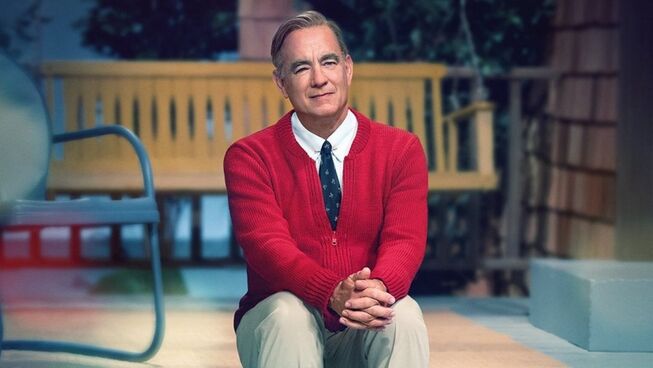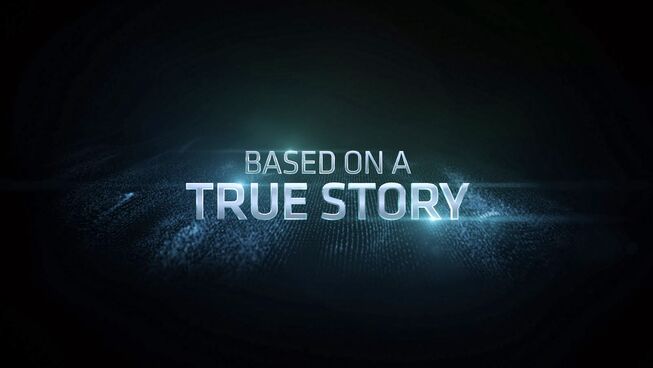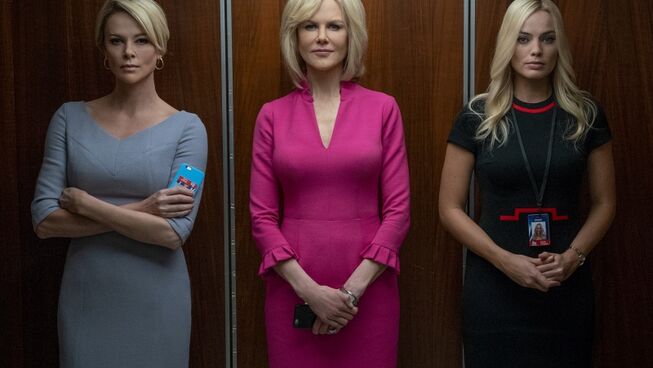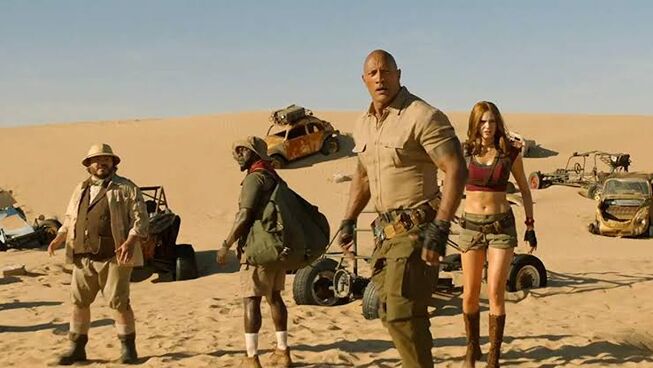
5 out of 5 stars
Mister Roger’s Neighbourhood was a part of the lives of people for multiple generations in the United States. His children’s programme ran from 1968 to 2001 and his understated style continues to touch people’s lives, even after his death in 2003. It is difficult to describe the impact of this man to those who have not seen his show. Someone who is just getting introduced to him now might interpret him as odd and dated, but this would be unfortunate. The hope was that Fred Rogers was the man who he represented each afternoon on PBS (Public Broadcasting Service), the winsome soul that captivated children for decades.
When Tom Hanks was announced as the actor to play this icon of preschool programming, it caused a bittersweet tension. There was exuberance for the Academy Award-winning actor taking on the role, but concern that there was a dark backstory that they were going to bring out about the cardigan wearing man. Thankfully, this fear was unwarranted, because Mister Rogers was a man of remarkable character. And he is merely a supporting character in this story of journalist Tom Junod (renamed in the film to Lloyd Vogel). A writer who was assigned to interview the star of public broadcasting. A duty that would profoundly affect the writer and lead to a friendship that would last until Fred Rogers’ death.
The journalist hoped to discover more about the legendary television star, trying to prove that the persona he portrayed on screen was merely a facade. This plan slowly unravelled as the two men got to know one another through a series of interviews. Vogel (Matthew Rhys) realised that there is more to the man in the red cardigan than he assumed. A depth of character and care for mankind that proved to be disarming to the point of allowing Mister Rogers to dig deeper into his own family life. What was supposed to be a short profile of the television personality turned into an extensive article that showed the influence the presenter had on the reporter.
Watching this film outside of the United States was a heartbreaking experience, because all one wants to do afterwards is talk about childhood memories with Mister Rogers at the centre. To turn to people who do not know anything about him and the emotional effect of this film was disappointing, because this was a beautiful film. One that could only be fully appreciated by the shared experience of those who grew up watching his quiet and calm demeanour throughout their formative years.
Tom Hanks is brilliant in his portrayal of Fred Rogers, embodying each song, each story and the manner of the Presbyterian pastor who became a media giant. Yet, he is not the focus of this tale of forgiveness and reconciliation. The grandeur of this movie comes in the subtle nature it shows the audience through the Esquire writer’s familial journey. Something that we all can relate to as adults: the struggle with the hurt that is caused by those we are closest to in this life.
This film had a profound effect on me, a person who sat squarely in the target audience and found himself singing along with every song. Not merely as a means of reminiscing about the past, but seeing how unapologetically Mister Rogers lived out his beliefs and faith. His genuine care, love and interest in those that came into his relational orbit was inspiring and confronting. Fred was not perfect, but he was so comfortable in who he was as a man. In this era of pervasive scandals, many might be sceptical of his motivations or genuineness. This film merely proved that he was deserving of the title of hero, even though that is not a title that he desired to wear.
A Beautiful Day in the Neighbourhood was terrific. A film that continues to seep into the soul and calm all that is ailing the heart. While challenging us all to live a better life.
Thank you, Mister Rogers.
“Do not look on his appearance or on the height of his stature, because I have rejected him. For the Lord sees not as man sees: man looks on the outward appearance, but the Lord looks on the heart.” 1 Samuel 16:7







